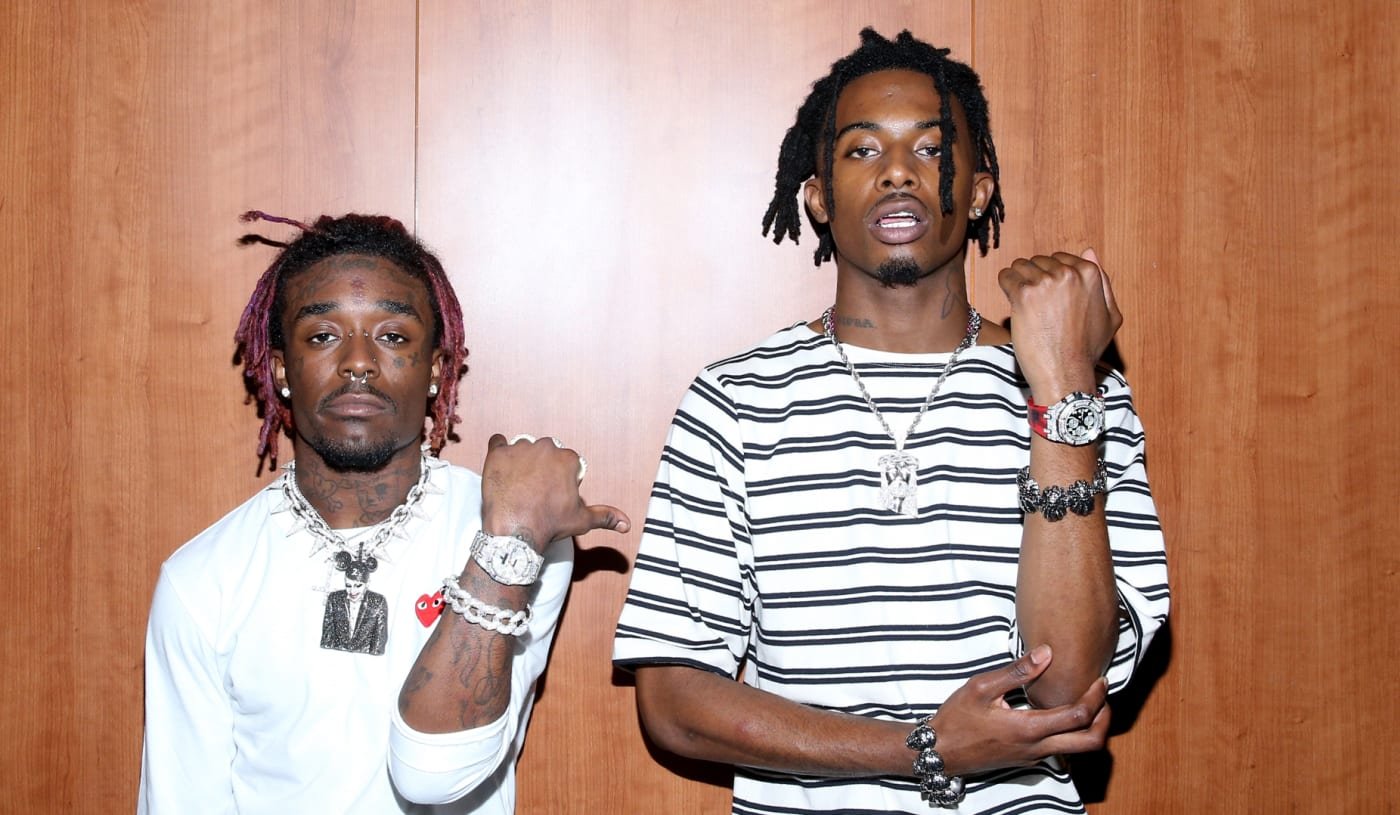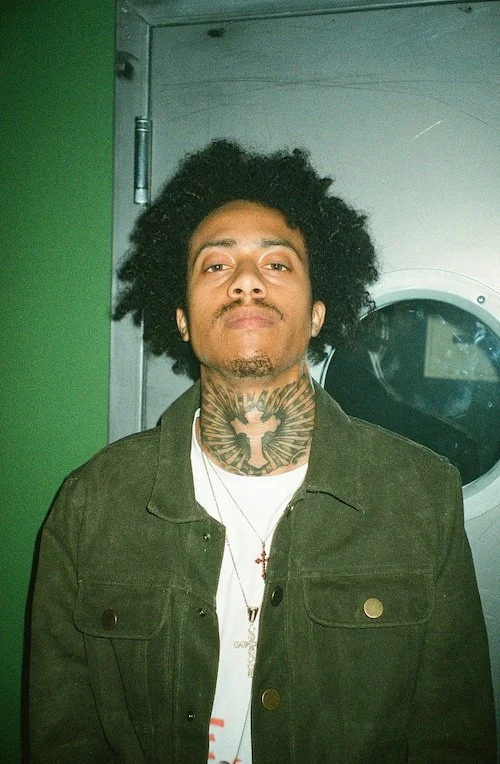
Plugg Music: The emergence of a niche sound
Most casual listeners of music probably don’t care about genres, and they definitely don’t care about subgenres. In my opinion, this is probably a good mindset to keep while enjoying music. Most of the time, one should enjoy a new song or album without any predispositions or bias. However, in certain instances it is necessary to define genres so we can pay homage to creators of music with a shared sound. For example, there are so many unique kinds of music that are all defined as “hip-hop” on Apple Music. Both Jay-Z and Lil Uzi are published as hip-hop, but both sound completely different. In fact, many musicians don’t like to be bound into one genre or another, and might refer to themselves as a “rockstar” or simply as an artist as opposed to a rapper.
Many so-called “rappers” like Lil Wayne, Mac Miller, and Tyler the Creator chose to make projects that are definitely not rap at certain points throughout their careers. Lil Wayne wanted his 2010 project Rebirth to be considered Rock n Roll, and Miller’s last two projects The Divine Feminine and Swimming were hard to put into a box.
There do seem to be common themes among rap music that qualify it as such. Sometimes it’s the beat or the lyrical content. Around the mid-2010s we began to see a new wave of rappers. Artists like Lil Uzi, Trippie Redd, and Playboi Carti became popular and upset OGs of the game by wearing tight denim, dying their dreads, and having face tattoos. The controversy they caused made hip-hop purists angry (similar to the effects of Odd Future a few years prior). These new “SoundCloud” rappers (They were labeled as such because their music grew popular on that streaming platform) were distastefully referred to as “mumble rappers.”
However, the generation who was in high school during the mid-2010s seemed to love this new wave. Personally, I listened to SoundCloud everyday in my headphones during school and was mesmerized by the beats and ad-libs. My favorite producers were ones like MexikoDro, StoopidXool, and PoloBoyShawty. They had a unique sound that shared elements like thick basslines from trap producers such as Zaytoven, but also had a floating sound like music from Yung Lean and early A$ap.
The beats seemed to be as important if not more important when it came to SoundCloud rap. We didn’t have a name for this sound yet, but many early tracks could be recognized by one particular tag, “Plug!” Soundcloud hits like “Gassed up Shawty” and much of Playboi Carti’s self titled mixtape had this infamous tag which seemed to be used by several different producers.
MexikoDro still makes beats to this day, and he was definitely one of the producers who made the tag so popular. In my opinion, his beats are magnificent, yet simple. He has influenced a new wave of music, which is now labeled “plugg music” that has risen to popularity once again in recent years (about late 2022 to present day). Some artists who are making waves in this new sound are Ka$hdami, Boofpaxkmooky, Tony Shnow, Lowercase, and Babysantana to name a few. Some producers are CashCache and TMK.
This new wave is different because these artists don’t rap exclusively on plugg beats, but it is part of their repertoire. I think hyperpop beats (popularized in recent years by Yeat, Trippie Redd, and Ken Car$on) may become bigger than plugg beats, but it is cool nonetheless to see so many artists paying homage to such an influential time in internet culture like the SoundCloud era. I’ll never forget those times in highschool with MexikoDro in my earbuds helping me through my homework.
SoundCloud Pioneers Lil Uzi and Playboi Carti
Plugg Artist Tony Shnow from Atlanta

